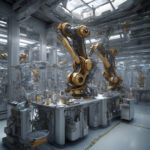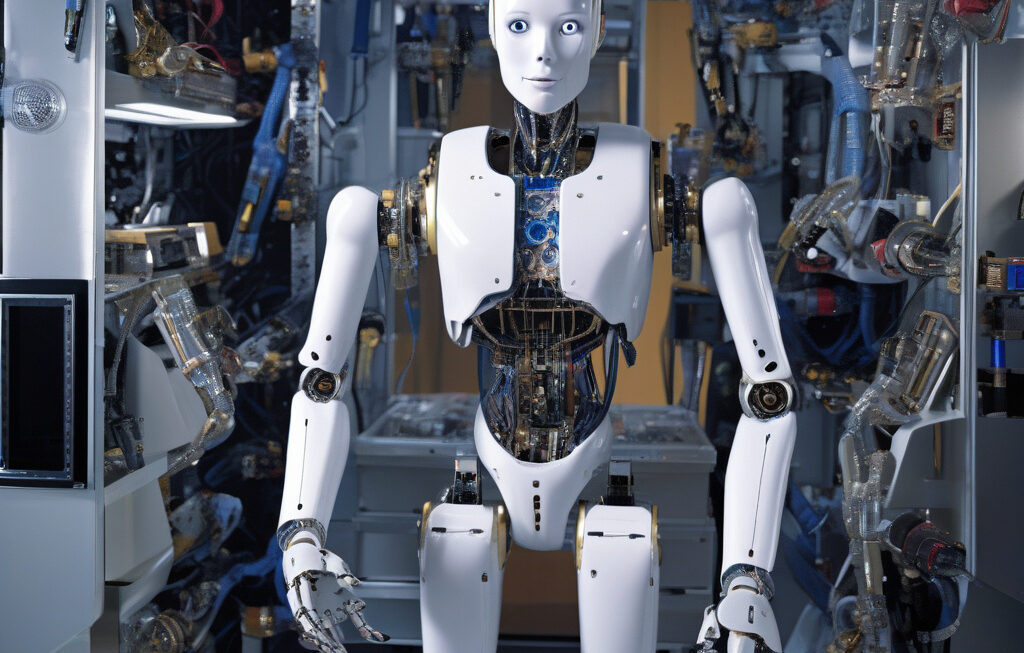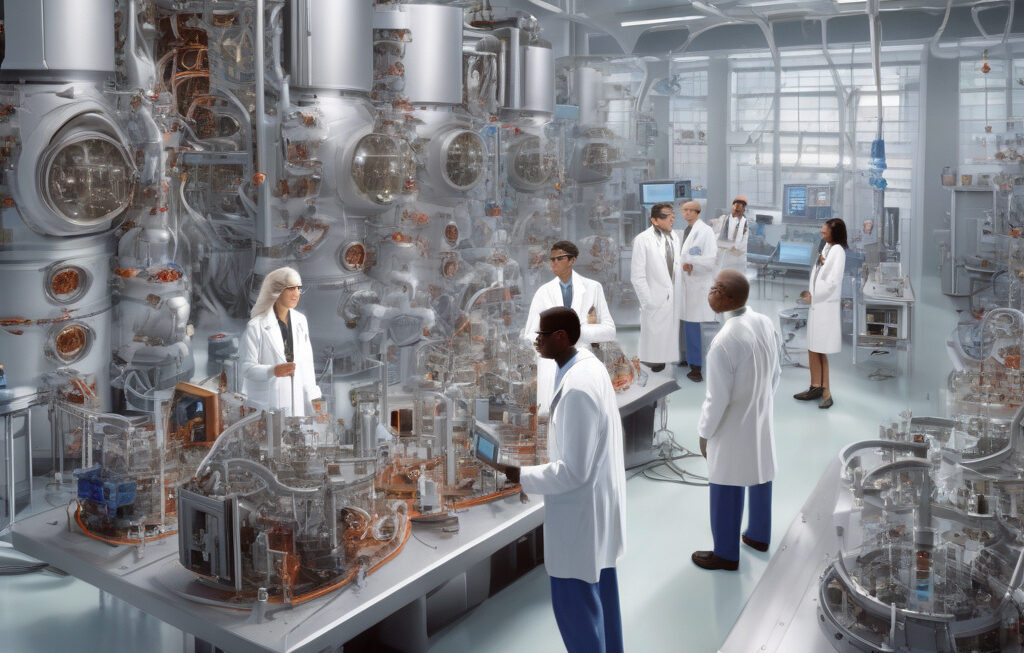China: World’s First Humanoid Robot PhD Candidate to Study Opera and Acting
Shanghai Theatre Academy (STA) has accepted an artificial-intelligence robot named Xueba 01 into its four-year doctoral program. This groundbreaking decision marks a significant milestone in the integration of technology and arts, paving the way for a new era of innovation and creativity.
Xueba 01, developed by a team of engineers and programmers at the Chinese tech company Hanson Robotics, is equipped with advanced capabilities that enable it to engage in various forms of artistic expression, including opera and acting. With its sophisticated AI algorithms and lifelike appearance, Xueba 01 represents the cutting edge of humanoid robotics technology.
The decision to admit Xueba 01 into STA’s doctoral program reflects the growing recognition of AI as a legitimate participant in creative endeavors. While some may view the idea of a robot studying opera and acting as unconventional, proponents argue that AI has the potential to offer unique insights and perspectives that can enrich artistic practices.
One of the key advantages of having a humanoid robot like Xueba 01 study at STA is the opportunity to explore new possibilities in performance art. By incorporating AI-driven technologies into traditional artistic disciplines, researchers and practitioners can push the boundaries of creativity and develop innovative approaches to storytelling and expression.
Moreover, Xueba 01’s presence at STA highlights the growing convergence of technology and art in contemporary society. As AI continues to play an increasingly prominent role in various industries, including entertainment and performing arts, the integration of robots into creative practices is becoming more common.
In addition to its artistic pursuits, Xueba 01’s enrollment in STA’s doctoral program also has practical implications for the field of robotics. By studying opera and acting, the robot will have the opportunity to enhance its emotional intelligence and social skills, which are essential for human-robot interactions in real-world settings.
Furthermore, Xueba 01’s participation in the program has the potential to inspire future collaborations between AI technology and the performing arts. As researchers and artists continue to explore the possibilities of human-robot collaboration, we can expect to see new forms of interactive storytelling and immersive experiences that blur the lines between the virtual and physical worlds.
In conclusion, the acceptance of Xueba 01, the world’s first humanoid robot PhD candidate in opera and acting, at Shanghai Theatre Academy represents a bold step towards the future of creativity and innovation. By embracing AI as a legitimate participant in artistic endeavors, we have the opportunity to unlock new potentials and redefine the boundaries of what is possible in the realm of performance art.
#HumanoidRobot #AIInnovation #OperaAndActing #CreativeTechnology #FutureOfArtificialIntelligence












